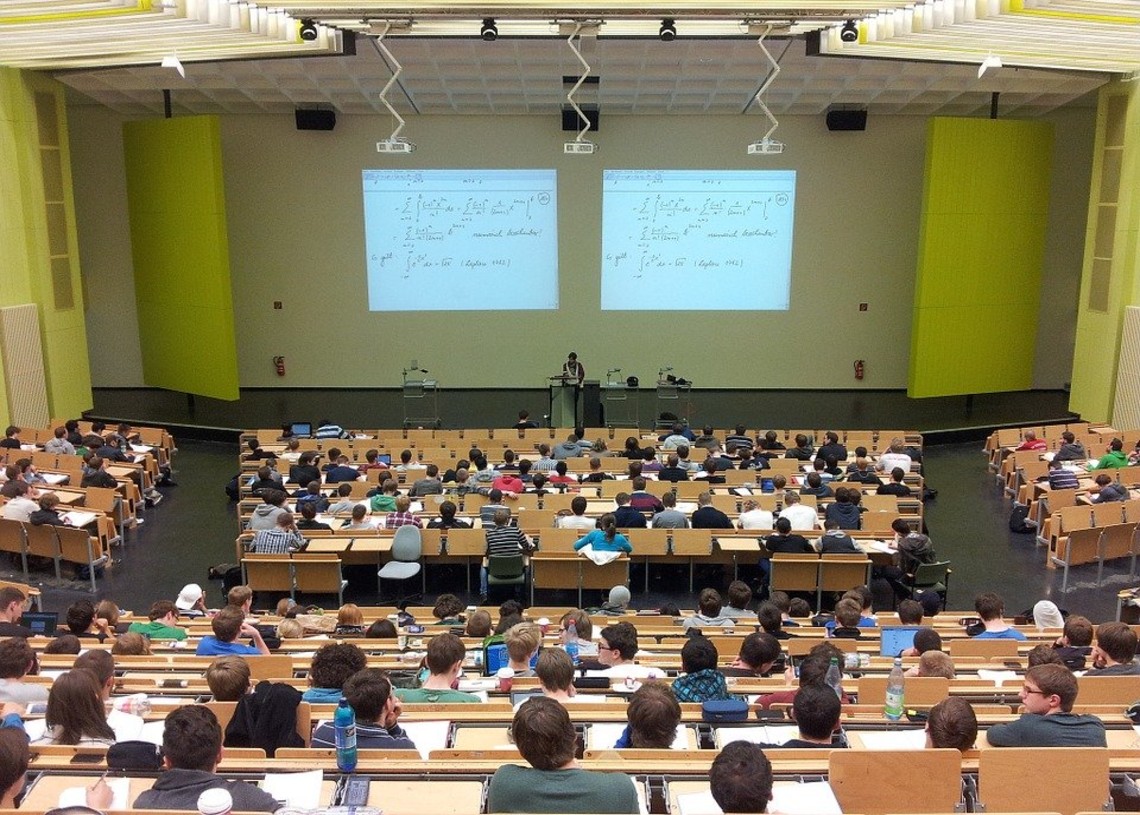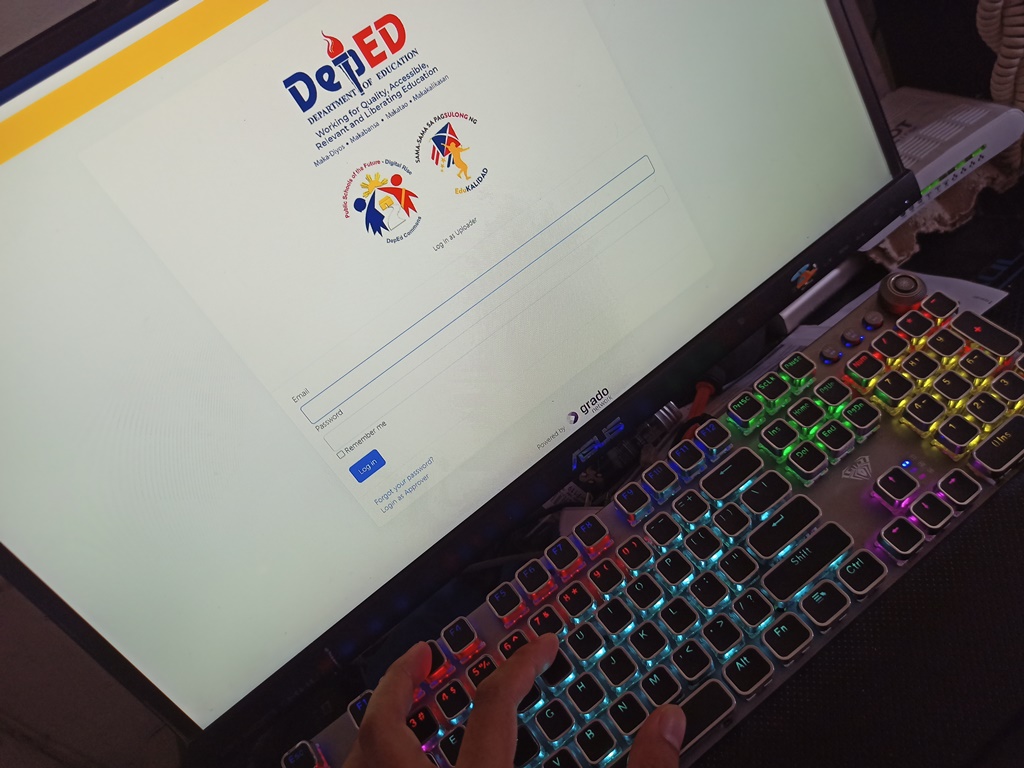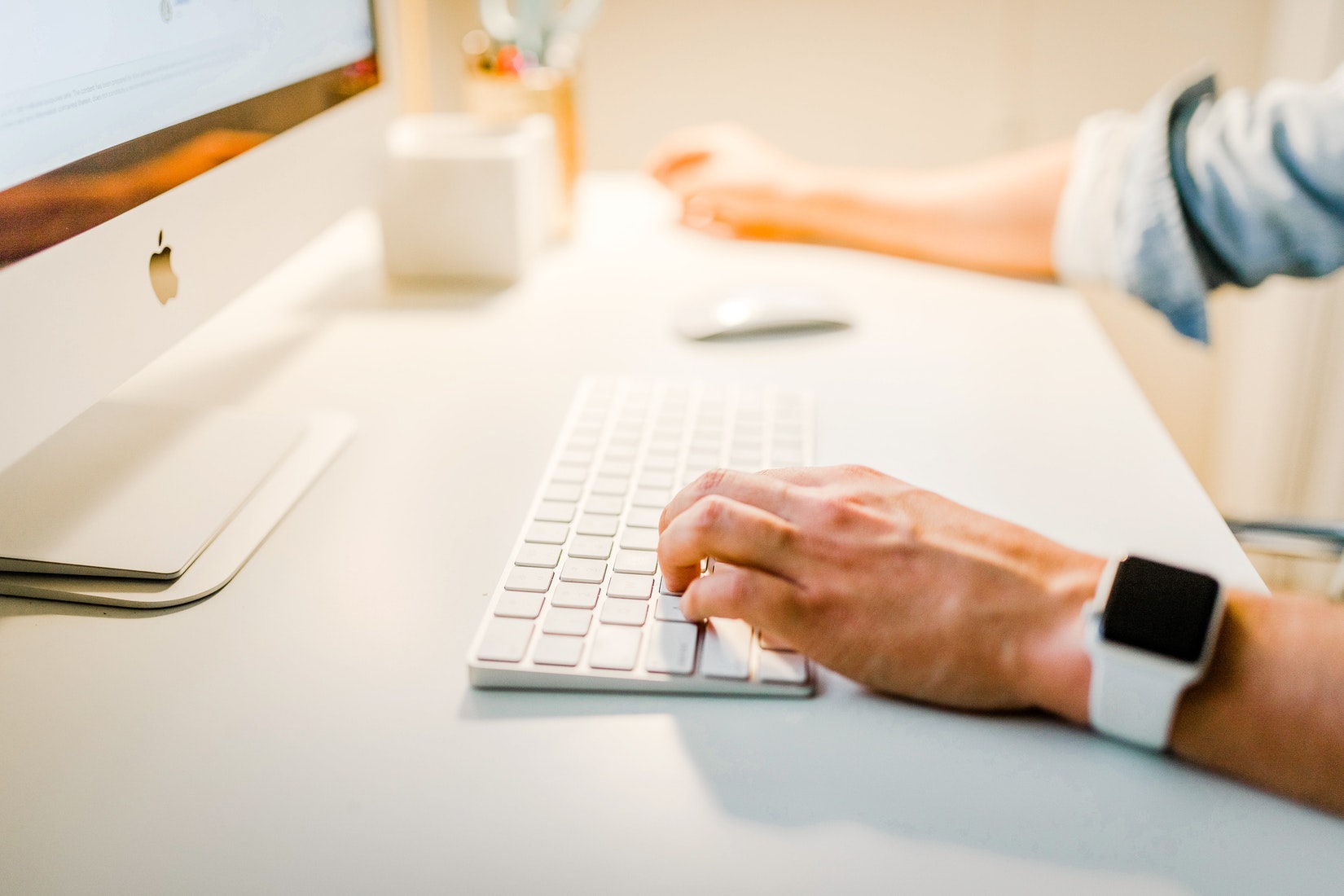Start of 2020/2021 academic year is in doubt as schools look for an alternative to face to face learning due to coronavirus. The country’s slow internet means that virtual learning may not be a viable option for many students.
A return to normalcy has become a priority in the Philippines, after weeks of lockdown. School reopening for the 2020/2021 academic has also taken center stage as evidenced in President Duterte’s last meeting with the Inter-Agency Task Force (IATF) on COVID-19.
The country is looking at the safest way to reopen schools without causing a spike in cases of coronavirus in the country. Cyberspace has been suggested as a viable option if classes are to start in June.
The push to have the date of reopening pushed has also become louder in the country, with many doubting if it will be safe for students to attend classes. However, the government has indicated that it was exploring options on how to safely reopen schools. Department of Education (DepEd) Secretary Leonor Briones, said virtual learning was the most efficient method that could work, given the circumstances.
Slow internet, a major problem
There is only one problem that many policymakers are failing to address when suggesting that online classes will work in the Philippines, the slow internet speeds in the country. This will deter learning from taking place in the country, and if it does occur, classes will experience low-quality connectivity, reducing the effectiveness of online classes.
Compared to its neighbors, the country is lagging behind according to data that tracks internet speeds of the country. It is ranked number 101 out of 179 countries based on fixed-line internet speeds. It has an average of 19 Mbps, lower than Taiwan, Singapore and Japan which are globally ranked numbers 1, 2, and 6 respectively.
For the 28 million students across the country, who are looking to start learning this month, online learning seems far fetched due to slow internet connectivity in the country. The government is also aware of the problem with slow internet, with Presidential spokesman Sec. Harry Roque indicating that they faced the same problem while working at home due to coronavirus.
Featured image by Pixabay







